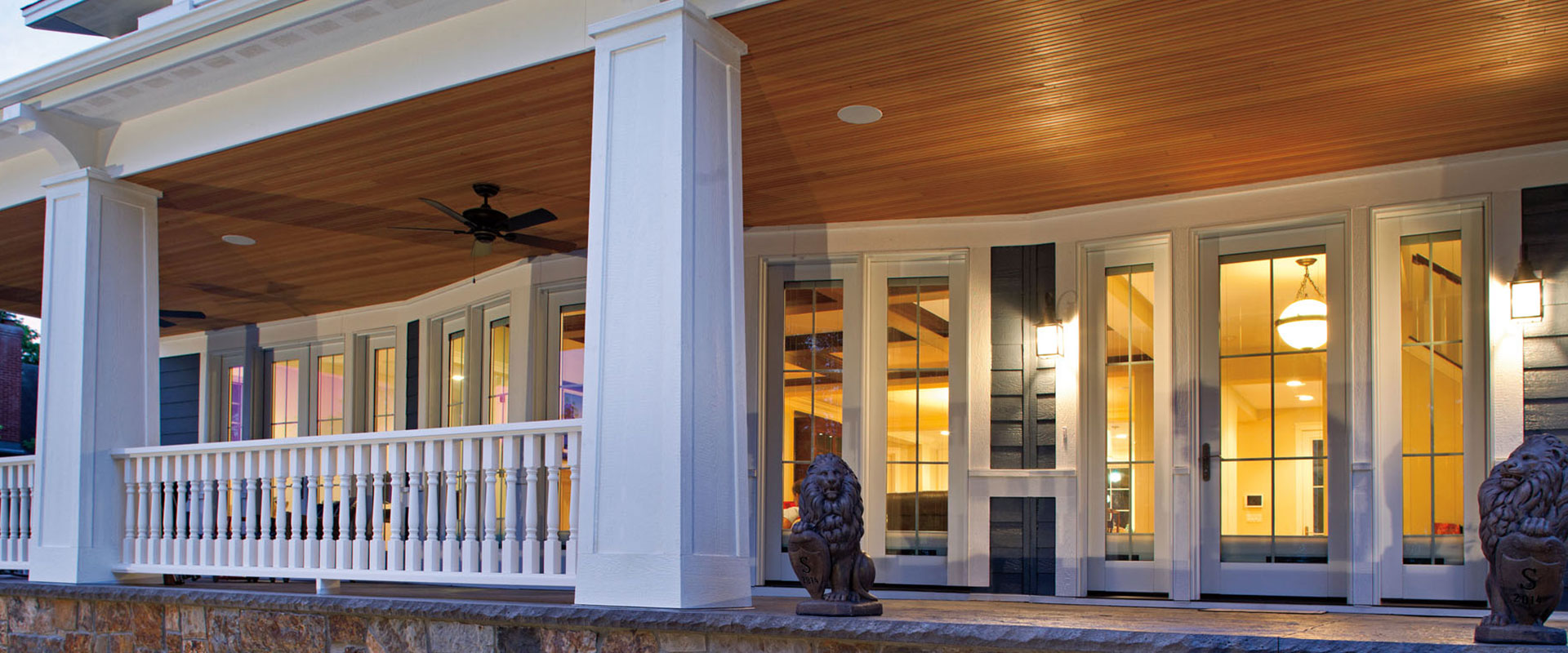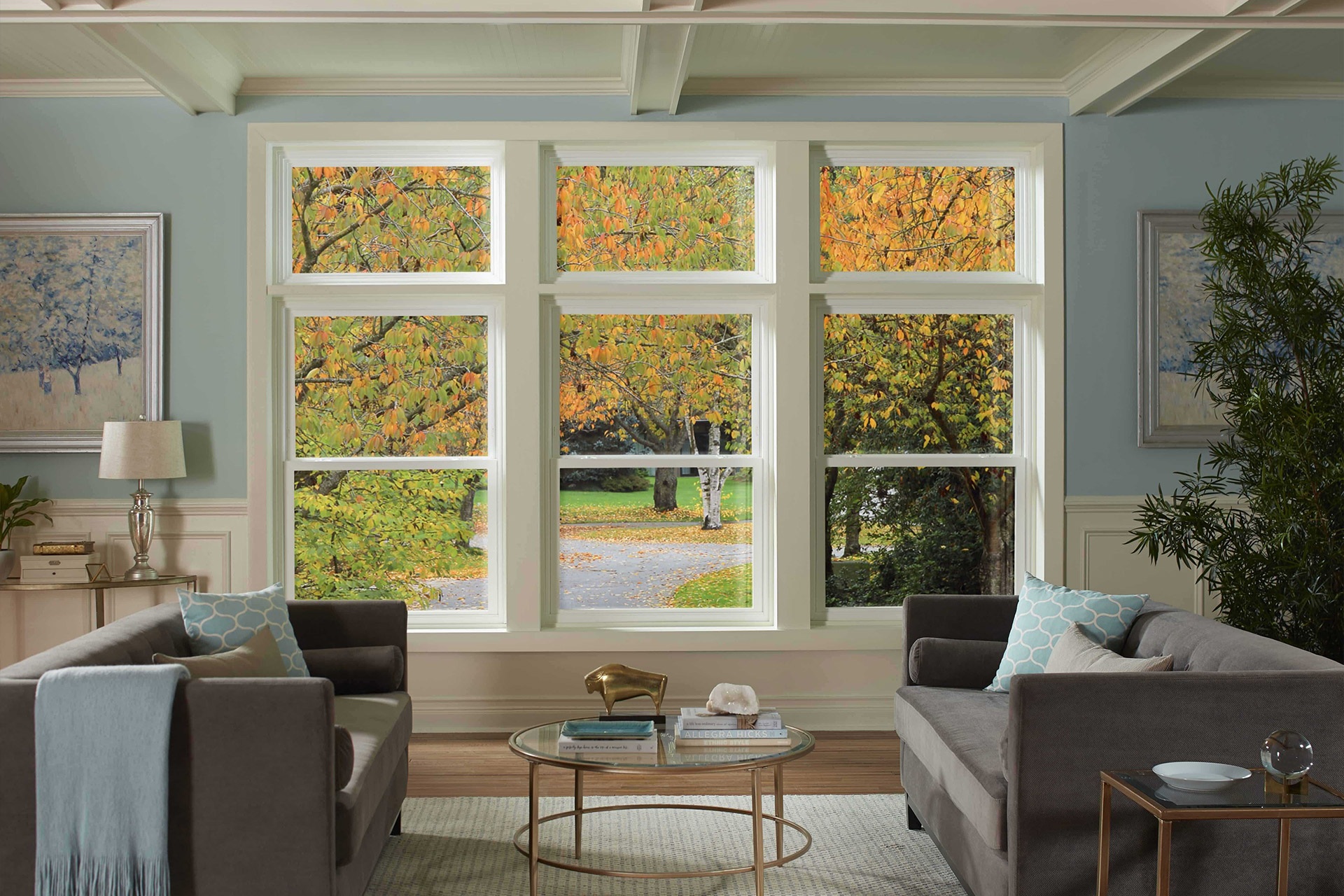Upgrade Your Home With Energy-Efficient Home Window Substitutes
In the world of home renovation, the choice to update to energy-efficient home window substitutes can considerably impact both the functionality and visual appeals of a house. Beyond the surface area level of mere looks, energy-efficient home windows use a wide range of benefits that go beyond mere aesthetic allure.
Benefits of Energy-Efficient Windows

The setup of energy-efficient home windows gives substantial cost savings on energy bills while boosting environmental sustainability. Furthermore, energy-efficient home windows can help regulate moisture levels within the home, minimizing the threat of mold and mildew growth.
Past the economic benefits, energy-efficient windows contribute to ecological sustainability by decreasing carbon discharges associated with energy production. By reducing energy use, these home windows aid reduce the ecological effect of air conditioning, lighting, and heating residential areas. This reduction in energy consumption plays a critical role in combating environment adjustment and promoting a greener future for generations to come. In general, purchasing energy-efficient windows not only boosts the convenience and effectiveness of a home yet also aligns with environmentally conscious techniques.
Kinds Of Energy-Efficient Glass
Numerous sophisticated types of energy-efficient glass deal distinct homes that satisfy various requirements and preferences in boosting the sustainability and effectiveness of buildings. Low-emissivity (Low-E) glass is a preferred choice developed to minimize the quantity of ultraviolet and infrared light that can travel through the glass, thereby decreasing heat transfer. This kind of glass helps keep a constant indoor temperature, minimizing the need for home heating or cooling systems, and inevitably reducing power expenses. Another ingenious option is spectrally careful glass, which allows noticeable light to pass through while obstructing specific kinds of infrared radiation. This assists in keeping a comfortable indoor atmosphere while minimizing warm gain. Triple-pane glass, consisting of 3 layers of glass with shielding gas in between them, gives improved thermal insulation, making it very energy-efficient. Additionally, self-cleaning glass with an unique coating that breaks down and loosens up dirt when subjected to sunshine can decrease upkeep demands and keep home windows looking clean. Each sort of energy-efficient glass uses distinct advantages, enabling property owners to select the most suitable alternative based on their particular requirements and objectives.
Factors to Think About When Selecting
When pondering energy-efficient home window replacements, it is imperative to very carefully assess certain factors that align with your sustainability purposes and desired energy cost savings. The U-factor measures exactly how well the home window shields, with Resources lower numbers suggesting far better insulation, while the SHGC indicates the window's capacity to obstruct warm from sunshine. By carefully assessing these variables, you can pick energy-efficient windows that improve convenience, minimize power prices, and profit the environment.
Installation and Maintenance Tips

Normal maintenance is vital to protecting the effectiveness of your energy-efficient home windows. Check the weather-stripping and seals for any kind of rips or gaps and change them if needed to keep the windows' power effectiveness. window replacement.
On top of that, lubricate moving components such as locks and joints to ensure smooth operation. By adhering to these setup and upkeep tips, you can improve the energy performance of your home and lengthen the life-span of your energy-efficient home windows.
Cost-Benefit Evaluation of Updating

Energy-efficient windows are made to minimize heat transfer, lowering the requirement for heating and cooling systems to function overtime. visit the site This can result in significant savings on power expenses, particularly in areas with extreme temperature levels. Furthermore, energy-efficient windows can boost the overall value of your home, making it more eye-catching to prospective buyers if you determine to offer in the future.
When determining the cost-benefit analysis, consider the prospective financial savings on energy costs, any type of available motivations or discounts, and the lifespan of the home windows. While the initial expense may be greater, the long-term cost savings and benefits of energy-efficient home windows make them a clever investment for homeowners seeking to improve their residential or commercial property's power efficiency and value.

Verdict
To conclude, upgrading to energy-efficient window substitutes offers various advantages such as reduced energy usage, raised comfort, and expense financial savings. By picking the appropriate sort of energy-efficient glass and taking into consideration factors like framework product and installment, homeowners can maximize the efficiency of their home windows. Routine upkeep and correct installment are crucial for long-term performance. Generally, the cost-benefit evaluation of updating to energy-efficient windows reveals that the first financial investment can result in considerable cost savings over time.
When considering energy-efficient home window substitutes, it is important to meticulously examine certain aspects that straighten with your sustainability purposes and desired energy financial savings. The U-factor procedures exactly how well the home window insulates, with lower numbers indicating far window repair in my area better insulation, while the SHGC indicates the home window's capability to block warmth from sunlight. By carefully assessing these variables, you can pick energy-efficient windows that enhance comfort, lower power expenses, and benefit the environment.
While energy-efficient windows might have a higher ahead of time price contrasted to typical windows, the long-lasting benefits typically surpass the initial financial investment.In conclusion, upgrading to energy-efficient window replacements provides numerous advantages such as lowered power consumption, raised comfort, and expense financial savings.